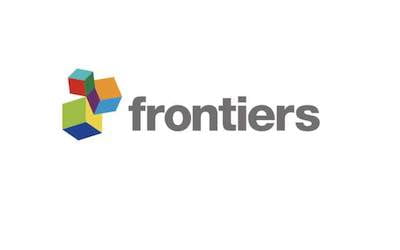
Capturing Talk
The Hub will be participating in a Frontiers Research Topic called ‘Capturing Talk: The Institutional Practices Surrounding the Transcription of Spoken Language‘ with colleagues in the UK and the Netherlands.
About the Research Topic
Across a range of institutional settings, ‘practitioners’ and ‘professionals’ are eliciting and capturing spoken talk from ‘clients’ (Sarangi 1998), transcribing that talk, and later repurposing the transcripts in place of the original interaction. This research topic seeks both to shed light on this often overlooked institutional process, and to encourage further linguistic input into this area of professional practice.
Transcription is almost always an institutional practice (Park & Bucholtz 2009), providing a written record of spoken interaction to be used by another party at a later date, in another setting or context. There are a number of underappreciated features and consequences of this transformational process, which we hope this Research Topic will expose and examine.
A primary concern relates to the quality and accuracy of transcription. It is important to acknowledge that written records, and hence transcripts, are necessary. However, it is equally important to start from the premise that no transcript of spoken interaction can be exact. When transcribing spoken talk to produce a written text, transcripts are only ever a representation of the spoken talk and never direct copies, and they inevitably result in a loss of detail. A key issue is the extent to which this basic premise is even recognised within institutions’ practices and procedures (Haworth 2018), which in turn gives rise to questions concerning which features and dimensions of that detail should and could be preserved, and how, and whether there is a need for flexibility and variation depending on the purpose or function the record of spoken interaction is serving.
A second issue centers on the inequalities of control and ownership that exist within the process of transcription. Almost without exception, power over how the talk is captured, how the transcript is produced, and how and which parts of the talk are later repurposed and to what end, rests solely with the institution. By contrast, once the lay participant has engaged in the initial interaction they are almost completely excluded from the trajectory that their data subsequently takes. Whilst professionals are empowered by this process, lay participants are very much disempowered.
These central issues run throughout all aspects of the transcription process, although they manifest in different ways along the route. We hope that submissions will build on the findings of existing studies which have predominantly focused on legal contexts (Heffer, Rock & Conley 2013), and provide a broader picture of practices and procedures across a variety of different setting, perhaps touching on (1) the purpose an official record will serve, (2) whether this purpose is equally explicit for all parties involved, (3) the methods by which the talk is captured, (4) how (and by whom) the transcript is produced, and according to what guidelines, and (5) the role or function the transcript will have when it is later repurposed.
About the editors
Felicity Deamer, Aston University
Martha Komter, Netherlands Institute for the Study of Crime and Law Enforcement (NSCR)
Helen Fraser, The University of Melbourne
Emma Richardson, Aston University
Kate Haworth, Institute for Forensic Linguistics, Aston University
Debbie Loakes, The University of Melbourne
About Frontiers Research Topics
From the Frontiers website (read the full details here):
Frontiers’ Research Topics are peer-reviewed article collections around cutting-edge research themes. Defined, managed and led by renowned researchers, they unite the world’s leading experts around the hottest topics, stimulating collaboration and accelerating science. Managed and disseminated on Frontiers’ custom Open Science platform, these collections are free to access and highly visible, increasing the readership and citations for your research.